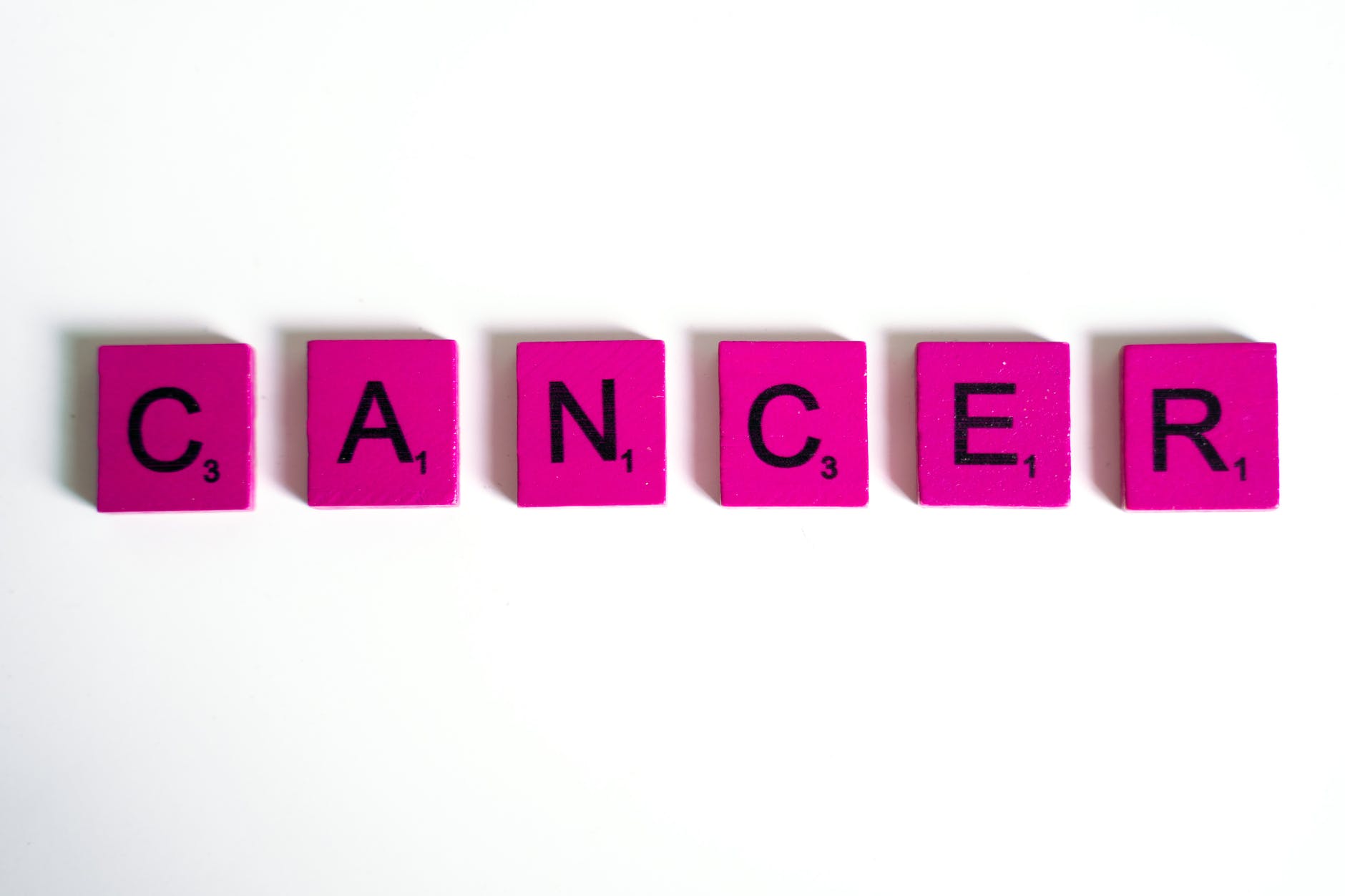![]()
Recognizing early signs of cancer can be critical for successful treatment and a better outcome for patients. Many people miss the early signs of cancer, as they are often vague and can easily be attributed to other causes. However, knowing what to look for can make a big difference in catching the disease in its early stages.
graph TD; A[How to Recognize Early Signs of Cancer] --> B[Understanding the Importance of Early Detection] A --> C[Common Early Signs of Cancer] B --> D[Why Early Detection is Critical] B --> E[Common Screening Tests for Cancer] C --> F[Unexplained Weight Loss] C --> G[Fatigue and Weakness] C --> H[Changes in the Skin] C --> I[Bowel Changes] C --> J[Unusual Bleeding or Discharge] C --> K[Difficulty Swallowing]
At RootIndia, we believe that education is the key to early detection and effective treatment of cancer. In this article, we will outline some of the early signs of cancer that you should be aware of.
- Unexplained Weight Loss
If you have lost a significant amount of weight without making any changes to your diet or exercise routine, it could be a sign of cancer. This is especially true for cancers of the pancreas, stomach, esophagus, and lung. Unexplained weight loss can also be a sign of lymphoma.
- Fatigue
If you feel tired all the time, even after getting a good night’s sleep, it could be a sign of cancer. Fatigue is a common symptom of many types of cancer, including leukemia, colon cancer, and stomach cancer.
- Persistent Pain
If you have persistent pain that does not go away, it could be a sign of cancer. Pain can be a symptom of many types of cancer, including bone cancer, ovarian cancer, and pancreatic cancer.
- Changes in the Skin
Changes in the skin, such as a new mole or a change in the shape or color of an existing mole, can be a sign of skin cancer. Other changes in the skin, such as jaundice or excessive itching, can be a sign of other types of cancer.
- Changes in the Bathroom Habits
Changes in your bathroom habits, such as blood in the stool or urine, can be a sign of colorectal or bladder cancer. Other changes, such as difficulty urinating or bowel movements that are more or less frequent than usual, can be a sign of other types of cancer.
- Difficulty Swallowing
If you have difficulty swallowing, it could be a sign of esophageal cancer. This type of cancer is more common in people who smoke or drink alcohol heavily.
- Persistent Cough
If you have a persistent cough that does not go away, it could be a sign of lung cancer. This is especially true if you are a smoker or have a history of smoking.
- Changes in the Breast
Changes in the breast, such as a lump or thickening, can be a sign of breast cancer. Other changes, such as nipple discharge or changes in the shape or size of the breast, can also be a sign of breast cancer.
- Hoarseness
If you have hoarseness that lasts for more than two weeks, it could be a sign of laryngeal cancer. This type of cancer is more common in people who smoke or drink alcohol heavily.
- Difficulty Breathing
If you have difficulty breathing, it could be a sign of lung cancer. This is especially true if you are a smoker or have a history of smoking.
Conclusion
If you notice any of these early signs of cancer, it is important to talk to your doctor right away. While these symptoms can be caused by other conditions, it is better to be safe than sorry. By recognizing the early signs of cancer, you can take action quickly and improve your chances of successful treatment.
At RootIndia, we believe that education is the key to early detection and effective treatment of cancer. We encourage everyone to be aware of the early signs of cancer and to talk to their doctor if they have any concerns.
